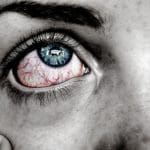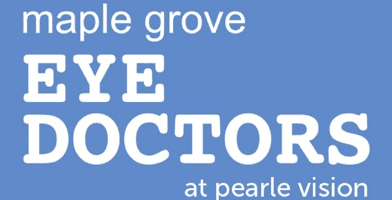Dry Eyes and Spring go together,,,,,,especially for those with allergies.
Eye allergies — red, itchy, watery eyes that are bothered by the same irritants that cause sneezing and a runny nose among seasonal allergy sufferers — are very common. … And in some cases, eye allergies can play a role in conjunctivitis (pink eye) and other eye infections.

Eye allergy symptoms can be very annoying. Yet they pose little threat to eyesight other than temporary blurriness. Unlike conditions such as pink eye, allergic conjunctivitis is not contagious. However, red, itchy, burning and puffy eyes can be caused also by infections and other conditions that can threaten eyesight.
Hay Fever affects people all over the world every year and has a startling effect on the eyes. If you aren’t familiar with Hay fever, it sounds much worse than it is. Hay fever is an allergy caused by pollen that essentially causes an itchy or running nose and watery eyes. Wearing good quality sunglasses can protect your eyes from pollens in the air spread by wind. Wind also dries eyes.
can protect your eyes from pollens in the air spread by wind. Wind also dries eyes.

Keep in mind that many eye conditions can cause some blurred vision, including pink eye, allergies, dry eyes and even a lot of near vision work. Most of these are not emergency situations. … If the blurry vision persists, make an appointment for an eye exam.
Decongestants decrease mucus production to help a runny nose, but there’s also a mucus layer in the ‘tear film’ of your eyes. That means drying out your nose can lead to dry or itchy eyes. If your eyes itch more than usual while you’re taking an allergy or cold medication, try a different one.

Many oral allergy medications cause drying, so when possible our doctors recommend that dry eye patients avoid them. However, most modern topical allergy drops have little impact on dry eye. Some may actually reduce some of the inflammation caused by any allergic reaction.
Pataday is effective yet mild for dry eye patients.
Zaditen, a brand name for ketotifen drops, is an antihistamine that is usually quite effective for treating eye allergies. It can cause some irritation upon instillation, but that is usually transient.
Keep an eye (pun intended) on allergen counts. When they start to drop, you should be able to discontinue the medication. For now, there is no harm in taking it as directed on the vial.
Dry eye usually affects people year-round, but severity can vary over the course of the year. Air conditioning during the warm months can reduce humidity indoors and worsen dry eye. The rapid cycling between higher humidity outdoors and lower humidity indoors can also present a challenge by destabilizing the tears. Finally, greater exposure to allergens during the spring and summer can increase baseline inflammation and worsen dry eye.

To manage this, our doctors may consider prescribing a lipid-based dry eye drop, which can help reduce evaporation. Also our optometrists may check to see if you suffer from meibomian gland dysfunction, which may be a contributing factor.
If you are experiencing symptoms that are becoming unmanageable, we recommend booking an appointment with one of our optometric physicians: Schedule an Eye Exam





